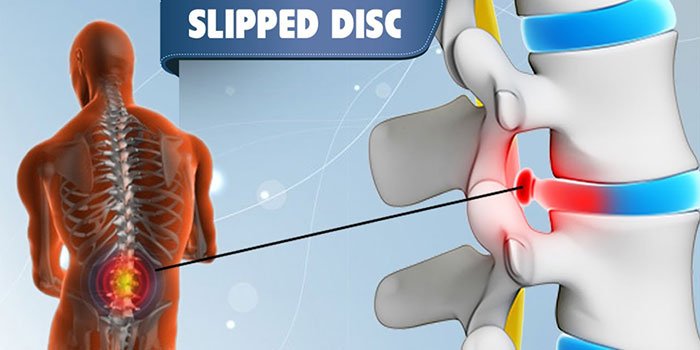Dr. Siddharth Katkade is a highly skilled, world wide trained and dedicated Spine Surgeon with over 10+ years of experience in field of specialised Spine Care and Orthopaedics.
Salsette 27, Shop 03, Dr B A road, Opp. Nirmal Park, Byculla (E), Mumbai-400027
Shopping cart
- Phone:+91 88507 73095
- Email:bombayspineclinic09@gmail.com

